https://www.philahomeopathy.com/holistic-natural-treatment-for-gallstones/
Treatment for gallstones
Most of the time, you won’t need treatment for gallstones unless they cause you pain. Sometimes you can pass gallstones without even noticing. If you’re in pain, your doctor will likely recommend surgery. In rare cases, medication may be used.
If you’re at high risk for surgery complications, there are a few nonsurgical ways to attempt to treat gallstones. However, if surgery isn’t performed, your gallstones may come back even with additional treatment. This means you may need to keep an eye on your condition for the majority of your life.
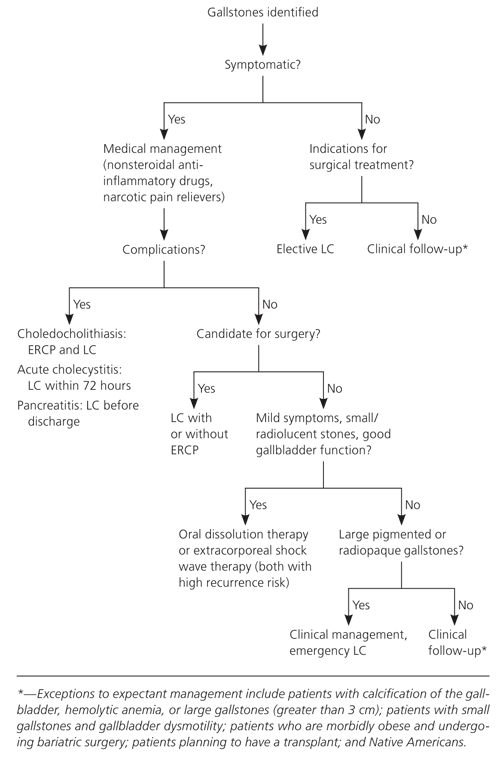
Listed below are different methods of treatment for gallstones
Medications for gallstones
Medications for gallstones is one of the treatments for gallstones that is effective in the treatment of gallstone with possible side effects. Below are the most popular medicines for gallstones treatment:
Prescription Medications
- Bile acids
- Pain medications
Over-the-Counter Medications
- Nonsteroidal anti-inflammatory drugs (NSAIDs)
Prescription Medications
- Bile Acids
- Ursodeoxycholic acid
- Chenodeoxycholic acid
Bile acids are only used to dissolve cholesterol gallstones when a person with cholesterol stones has a serious medical condition that prevents surgery. It may take months or years before all the stones dissolve completely.
Note: Do not take ursodeoxycholic acid with aluminum-containing antacids, such as AlternaGEL or Maalox Advanced Regular Strength, because the aluminum may interfere with the action of ursodeoxycholic acid.
A possible side effect is a mild diarrhea.
Pain Medications
- Diclofenac
- Ketorolac
These medications are prescription NSAIDs used to relieve pain caused by gallstones.
Possible side effects from using medications for gallstones are:
- Nausea
- Vomiting
- Diarrhea or constipation
- Lightheadedness
- Drowsiness
Surgery for gallstones
Surgery for gallstones is used to remove the gallbladder, called cholecystectomy, it is one of the most common operations performed on adults in the United States. The gallbladder is not an essential organ, which means you can live normally without a gallbladder.
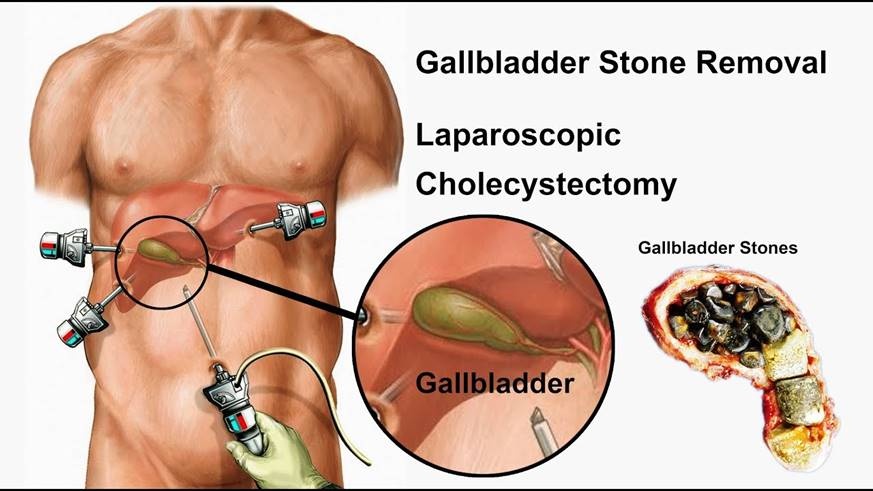
A health care professional will usually give you general anesthesia NIH external link for surgery. Once the surgeon removes your gallbladder, bile flows out of your liver through the hepatic duct and common bile duct and directly into the duodenum, instead of being stored in the gallbladder.
Surgery for gallstones includes two types of cholecystectomy:
- Laparoscopic cholecystectomy. Almost all surgeons perform cholecystectomies with laparoscopy. Surgeons perform many laparoscopic cholecystectomies NIH external links on an outpatient basis, meaning you may be able to go home the same day. You will probably be able to return to normal physical activity in about a week.
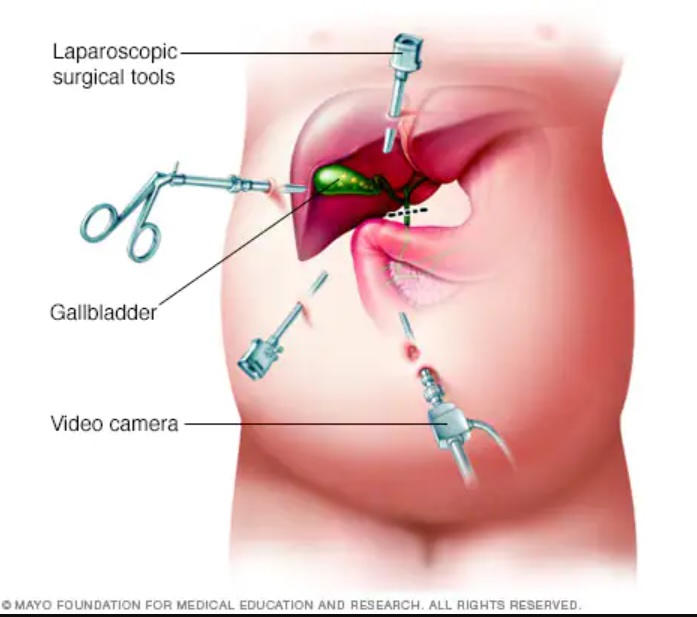
- Open cholecystectomy. A surgeon performs an open cholecystectomy NIH external link when your gallbladder is severely inflamed, infected, or scarred from other operations. Your doctor may perform a cholecystectomy if problems occur during laparoscopic cholecystectomy. After the surgery, you may need to stay in the hospital for up to a week. You will probably be able to return to normal physical activity after about a month.

What are gallstones?
The gallbladder stores and releases bile to help digest fats. Gallstones are stone-like objects that are often made of cholesterol or bilirubin and they can develop in the gallbladder or bile ducts. These stones can cause pain and other complications. Options of treatment for gallstones often involve minimally invasive surgery to remove the gallstones, and sometimes the gallbladder. Gallstones are hard, pebble-like pieces of material, usually made of cholesterol or bilirubin that form in your gallbladder. Gallstones can range in size from a grain of sand to a golf ball. The gallbladder can make one large gallstone, hundreds of tiny stones, or both small and large stones.
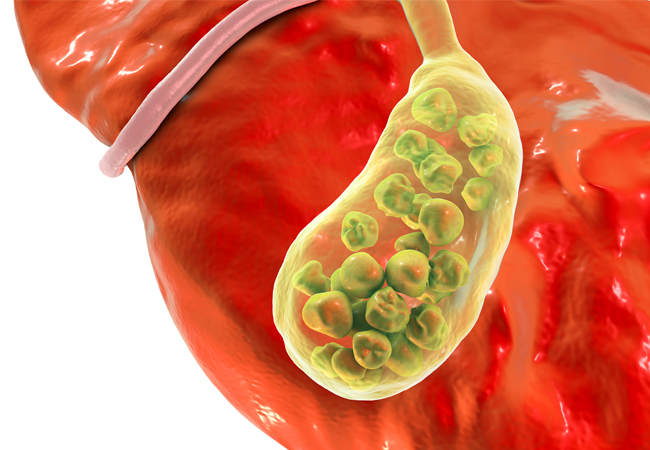
When gallstones block the bile ducts of your biliary tract, they can cause sudden pain in the upper right area of the abdomen. This pain is called a gallbladder attack, or biliary colic. If your symptoms continue and they’re left untreated, gallstones can cause serious complications.
However, most gallstones don’t cause blockages and are painless, also called “silent” gallstones. Silent gallstones usually don’t need medical treatment, however, observation is necessary.
Types of gallstones
Gallstones are made up of hardened materials in your body. There are two major types of gallstones:
Cholesterol:
Made up of fatty substances in the blood, cholesterol is found throughout the body. These are the most common type of gallstones.
Pigment Stones (mainly made of bilirubin):
This substance is created when red blood cells break down in the liver. Too much bilirubin can actually leak into the bloodstream and cause the skin and eyes to turn yellow (jaundice).
Gallstones that are made up of cholesterol tend to be greenish in color. It is more common to have gallstones made of cholesterol than other types of stone.
Symptoms of gallstones
The symptoms of gallstones can vary based on the size of the gallstone. Most gallstones do not cause any symptoms at all. These gallstones are known as silent stones and require no treatment. However, below are possible symptoms of gallstones:
- Pain in the upper mid-abdomen or upper right abdomen.
- Associated pain in the right shoulder.
- Chest pain.
- Nausea and vomiting.
- Repeated similar episodes.
- Jaundice (a yellow tint to the skin and eyes).
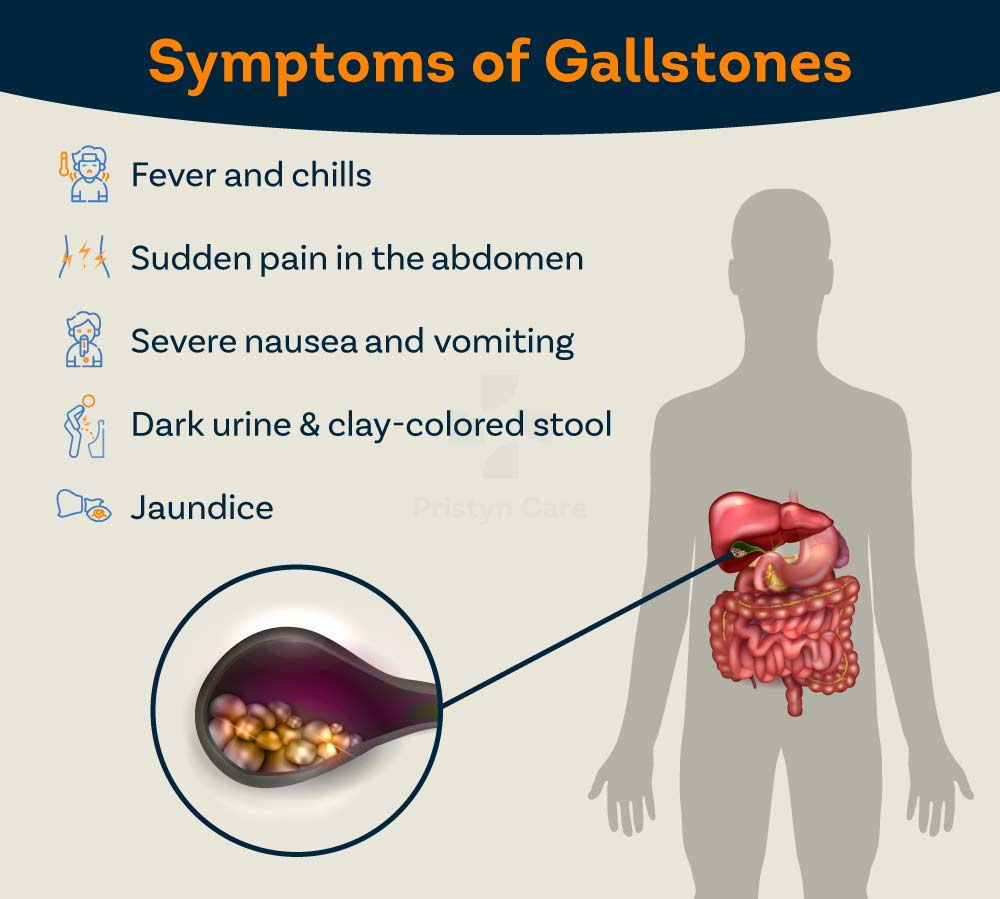
Pain is the main symptom of gallstones. This pain is steady and can last from around 15 minutes to several hours. The episodes, which can be severe, generally subside after one to three hours or so. People who have these painful attacks, while uncomfortable, are not in any medical jeopardy. Gallstones can cause acute cholecystitis, which is a more serious condition when the gallbladder is actually inflamed. This happens if a stone blocks off the cystic duct, which increases the pressure within the gallbladder. This condition may require antibiotics, hospitalization, and even urgent surgery. Stones that pass out of the gallbladder and into the common bile duct can cause gallbladder attack that manifests by a complete blockage of the duct with jaundice, infection, and pancreatitis. You may feel pain in several places, including:
- The upper part of the abdomen, on the right side.
- Between the shoulder blades.
- Under the right shoulder.
When people experience pain with gallstones, it is referred to as a gallbladder attack or biliary colic. There are two special conditions that could mimic gallstone symptoms. First, some gallbladders contain a thick sludge, which has not formed into actual stones. Sometimes gallbladder sludge is felt to cause symptoms similar to actual gallstone pain. Secondly, there is an uncommon condition called acalculous cholecystitis, when the gallbladder becomes inflamed, but no stones are present. This condition is often treated by surgical removal of the gallbladder.
Causes of gallstones
The actual cause of gallstones is thought to be due to a chemical imbalance of bile inside of the gallbladder.
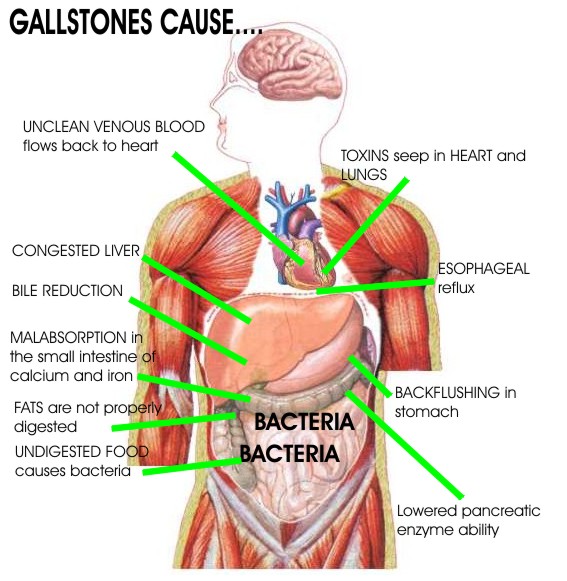
While researchers still aren’t clear about what exactly causes that imbalance to happen, there are a few possible reasons:
Too much cholesterol in your bile
Having too much cholesterol in your bile is one of the causes of gallstones that can lead to yellow cholesterol stones. These hard stones may develop if your liver makes more cholesterol than your bile can dissolve.
Too much bilirubin in your bile
Bilirubin is a chemical produced during the normal breakdown of red blood cells. After it’s created, it passes through the liver and is eventually excreted out of the body.
Some conditions, such as liver damage and certain blood disorders, cause your liver to produce more bilirubin than it should. Pigment gallstones form when your gallbladder can’t break down the excess bilirubin. These hard stones are often dark brown or black.
Concentrated bile due to a full gallbladder
Your gallbladder needs to be able to empty its bile to function properly. If it fails to empty its bile content, the bile becomes overly concentrated, which can cause stones to form.
Natural treatment for gallstones
Natural treatment for gallstones has been proven to be effective, this is why most people are getting interested in knowing how it works. Listed below are the most common approaches to natural treatment for gallstones:
Home remedies for gallstones – the most common form of natural treatment for gallstones
Home remedies for gallstones are natural remedies that are commonly used for gallstones treatment and can be used in the comfort of your home. Home remedies for gallstone and it is very effective. Below are home remedies for gallstone
Exercise – an essential part of any natural treatment for gallstones
Regular physical activity is one of the home remedies for gallstones that can reduce cholesterol levels and help prevent gallstones from forming. Though small, gallstones can cause serious inflammation, pain, and infection. They can also grow to larger sizes. Maintaining a healthy weight and engaging in physical activity can reduce gallbladder pain and decrease the amount of gallbladder pain attacks.
Diet – the most important condition in any form of treatment for gallstones
Diet for gallstones is very important in the treatment of gallstones, this is because poor eating habits and consuming foods high in sugars and fats can contribute to gallbladder diseases and gallstones. A diet with less fat and more fiber can prevent gallstones and improve your health.
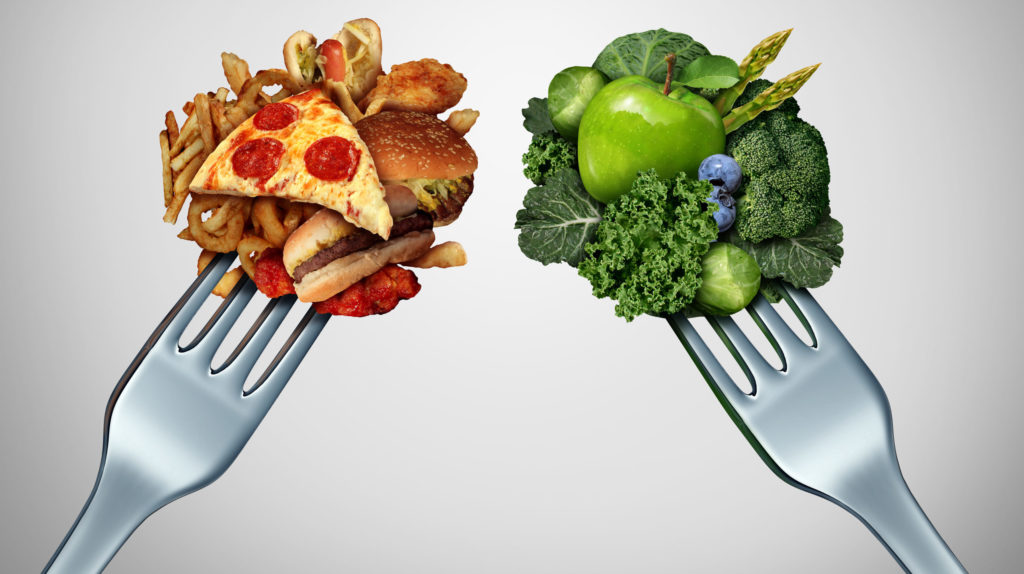
Fried foods and other foods or condiments that contain fats — even salad dressings — are more difficult to break down and can cause pain. Increasing nutrient-rich foods in your diet, such as vegetables and fruits, can improve gallbladder function and prevent complications.
Some foods you should consider incorporating into your diet for gallstones are:
- Dark, leafy greens
- Nuts
- Brown rice
- Whole grains
- Fish
- Olive oil
- Beans
- Citrus fruits
- Low-fat dairy
- Apple cider vinegar
Raw apple cider vinegar contains anti-inflammatory properties that could be useful in relieving gallbladder pain. To treat gallbladder pain, dissolve 2 tablespoons of apple cider vinegar with warm water. Sip this tonic until the pain subsides. It’s important not to drink apple cider vinegar straight, as the acid can damage your teeth.
Herbs for gallstones – effective and safe natural treatment for gallstones
Herbs for gallstones is another natural treatment for gallstones that helps stimulate the gallbladder and also promotes the flow of bile. Below are herbs for gallstones.
Dandelion and milk thistle
- This herb for gallstones is particularly useful. They contain bitter substances — taraxacin in dandelion and silymarin in milk thistle — that stimulate bile production. These herbs can be taken as tea or tincture or eaten steamed. Trim the sharp edges off young milk thistle leaves. Mix them with dandelion greens and steam as you would spinach; you can even eat them raw.
Oregon grape
- This herb for gallstones enhances blood flow to the liver and increases bile production. It can be combined with dandelion and milk thistle in tea. This blend is even more effective when mixed with herbs such as chamomile, marshmallow, and slippery elm, which have relaxing and soothing properties. This mixture will also help decrease gallbladder inflammation.
Rosemary
- Rosemary helps stimulate bile production while also eliminating any spasms that might occur in the bile duct. It is well-known for aiding fat digestion and is often used as an herb in high-fat dishes. Its flavor helps to cut the richness of fat.
Acupuncture for gallstones – an ancient Chinese natural treatment for gallstones
Acupuncture for gallstones is another natural treatment for gallstones that helps relieve the pain by reducing spasms, easing bile flow, and restoring proper function. Acupuncture has been reported to treat gallstones and it causes no side effects.
Homeopathy for gallstones – #1 natural treatment for gallstones
Homeopathy for gallstones successfully dissolves small and medium-sized gallstones and helps to avoid gallbladder removal. Homeopathy for gallstones also provides fast pain relief in gallbladder attacks and can be used for the prevention and treatment of biliary colic. The medicines are natural, effective, and have no side effects.
Listed below are the most commonly used homeopathic remedies for gallstones:
- This homeopathic remedy for gallstone is usually recommended in case you have a family history of stones in the kidney and gall bladder, along with other complications like, chronic digestive disorders, high cholesterol, gastric problems, constipation, peptic ulcers, gas, and bloating. The patient may usually get biliary colic pains late in the afternoon. He or she may also get irritated easily, and hate contradicting opinions. Homeopathic Lycopodium is a natural treatment for the pain of gallstones when accompanied by gastric symptoms like acidity, gas in the abdomen, or swollen abdomen. The patient complains of distension of the abdomen while eating even a very small amount of food. The gas rolls through the abdomen and passes out with difficulty. The patient mainly complains of acidity which worsens when taking starches and gas. The patient may also complain of a decrease in appetite and a feeling of fullness in the abdomen when eating even a little. There is also an unusual craving for sweets and hot drinks as well as gastric symptoms.
- This homeopathic remedy for gallstone is usually recommended when patients have any or some of the problems like chronic diarrhea, gall stone pain, asthma, chronic obstructive pulmonary disease, depression, obesity, and problem in joints. On top of that, the patient may be too sensitive to changes in humidity and weather. In such a case, Natrum sulphuricum is given.
- This homeopathic remedy for gallstone is usually recommended if a patient suffers from nausea, colic pains, spasmodic pains, heartburn and acidity, gas and bloating, and takes too much rich and oily food and drinks, then this medicine is used to treat gall stones for him or her.
- Chelidonium is the best remedy for gallstones associated with pain. Natural Medicine Chelidonium is the best natural medicine for gallbladder stone pain. This medicine offers the best treatment for pain due to gallstones and jaundice if the bile ducts are blocked. The most valuable symptom for using Chelidonium is a sharp pain below the right shoulder blade. In jaundice, this medicine can be used when the skin is yellow, the urine is dark in color, and the stools are clay-colored. When gallstones cause jaundice, the tongue turns yellow and saggy. Nausea and vomiting also occur. The patient requiring Chelidonium may exhibit a craving for very hot drinks along with the above symptoms. It is also a very useful remedy for gallbladder ailments that occur during pregnancy.
- Calcarea Carbonica is another natural medicine for gallstones that is always constitutionally selected for obese patients. This remedy is very useful for obese patients with fat and flabby constitution. The abdomen contains excess fat with its hardness and distension. Other constitutional symptoms include profuse sweating on the head and sensitivity to cold air. There is also an unusual craving for hard-boiled eggs or weird things like chalk, pencils, and lime. The patient does not like hot food and loves cold drinks. Calcarea Carb can also be used to relieve acid belching and acid vomiting due to gallstones.
- This medicine is commonly used for inflamed gallbladder. Carduus Marianus is the best natural remedy when the gallbladder is inflamed. There is a pain in the upper right part of the abdomen in the area of the gallbladder, which is accompanied by nausea and vomiting of burning fluid. Carduus Marianus can also be used to treat jaundice that developed as a result of gallstones.
- This homeopathic remedy for gallstones is highly effective if conditions are associated with sour eructation, vomiting. Phosphorus is a natural remedy for gallstones in patients who complain of sour belching and vomiting after eating. The patient likes cold drinks, ice cream, chicken, and fish in the diet. This medicine is used to treat jaundice when the stool is very offensive and weak.

Natural treatment for gallstones in Philadelphia
The use of natural remedies for the treatment of gallstones along with the proper medical management can prevent the condition from worsening. Treatment for gallstones is needed if the stones are causing pain or swelling in the gallbladder. Surgery may be needed if nonsurgical treatments fail or there is a high risk of complications.
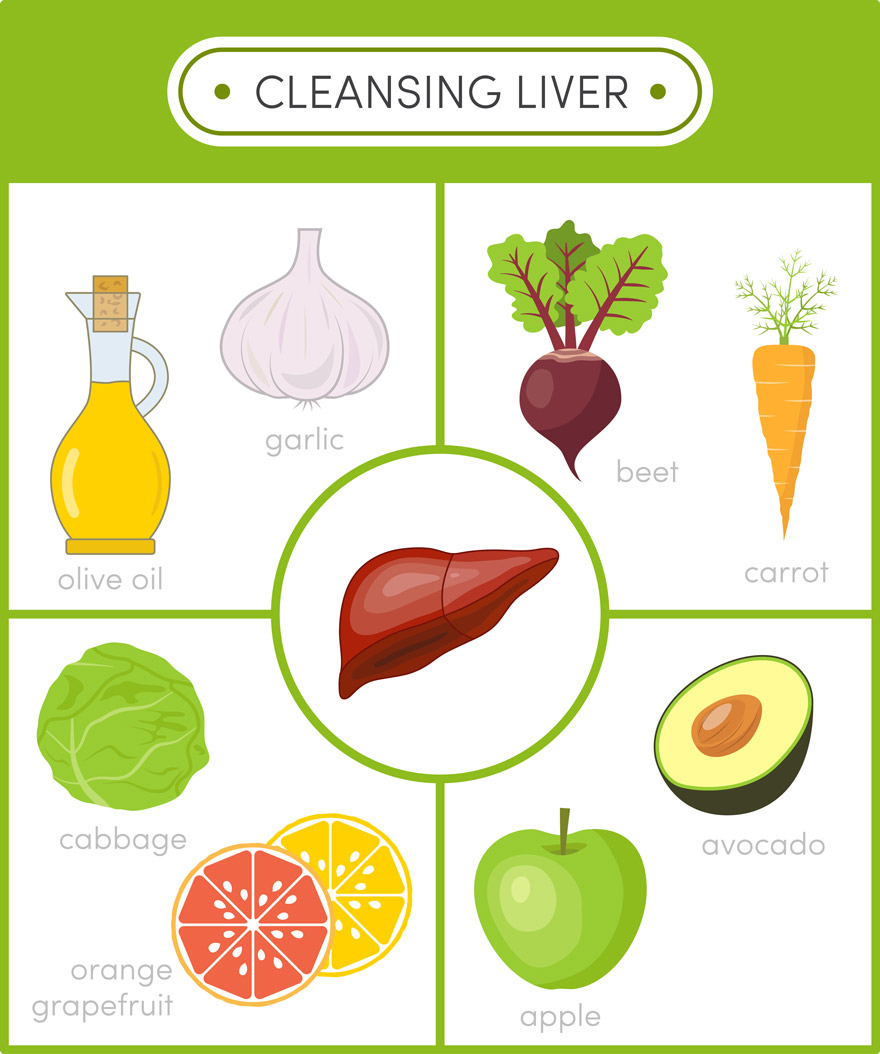
Natural treatment for gallstones is effective and safe if provided by a well-trained medical professional.
At the Philadelphia Holistic Clinic, doctor Tsan and the team of holistic doctors achieved the highest in the industry success rate in treatment for gallstones.
Contact our clinic to schedule your appointment with Victor Tsan, MD, and discuss which holistic approach is best for you. You can also use our online scheduling site and find the most convenient date and time for your appointment. Just scan the QR Code below to be redirected to the scheduling application.

Comments
Post a Comment